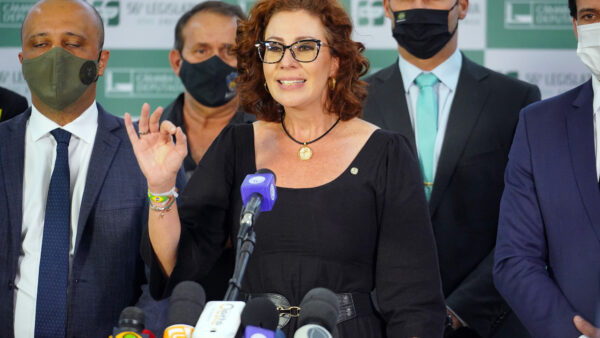Damares Alves, Brazil’s Human Rights and Women’s Minister, named a civil servant facing domestic abuse allegations to one of its committees. Gerson Soares Pinto currently serves as a senior official within the Labor Ministry. In December, he was named by Ms. Alves as her representative in the National Committee Against Slave Labor.
In September, a Brasília court issued a restraining order against Mr. Pinto and in favor of his wife, who had accused him of “throwing punches at her, as well as biting her and pulling her hair” during an argument about where an air-conditioning system should be installed in their home. The couple’s two daughters witnessed the alleged assault and tried to break them apart.
The altercation left Mr. Pinto’s wife with bruises on her hands and breasts, according to information published in the lawsuit filed against him. The restraining order, however, was lifted in November — after the woman told authorities that the couple was reconciling.
Human Rights and Women’s Minister Damares Alves likes to trumpet the lengths her office has gone to protect women from domestic violence. “We’re coming to take you down,” she announced to abusive husbands across Brazil during a July 2021 government event. Asked about Mr. Pinto’s status following his wife’s allegations, the ministry has yet to respond.
The case adds to a series of controversial nominations within the Jair Bolsonaro administration. Sérgio Camargo, the head of Brazil’s anti-racism agency, referred last year to the Brazilian Black Rights Movement as “bloody scum” and said slavery was also profitable to Africans.


 Search
Search






































